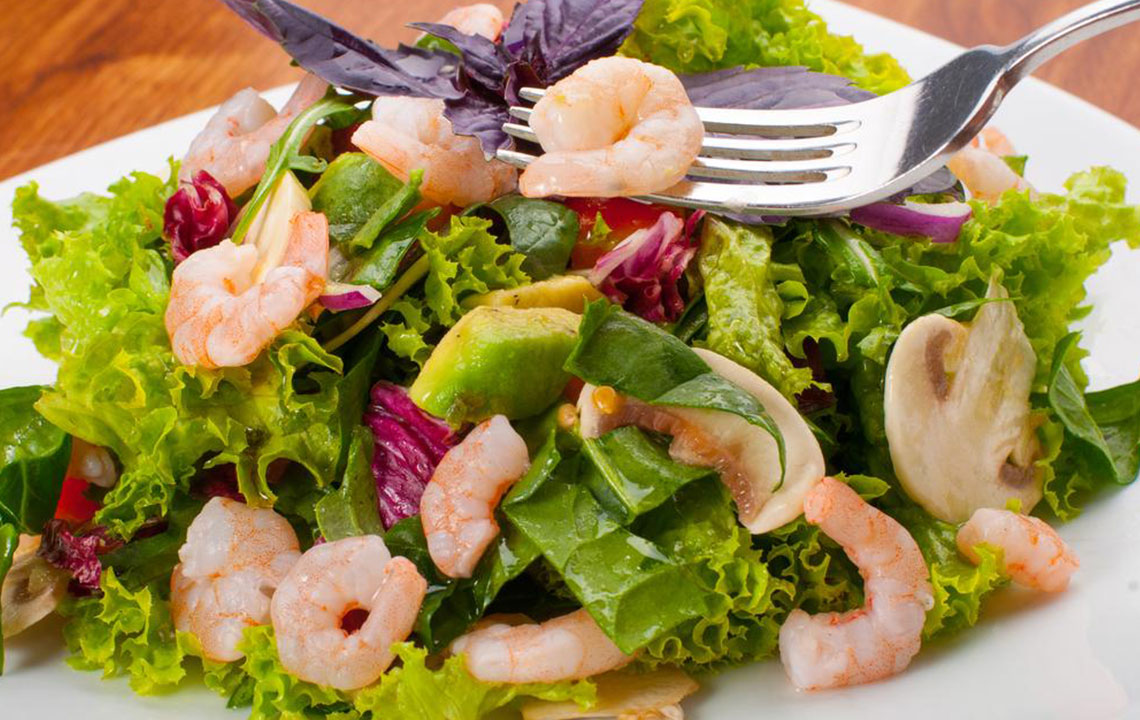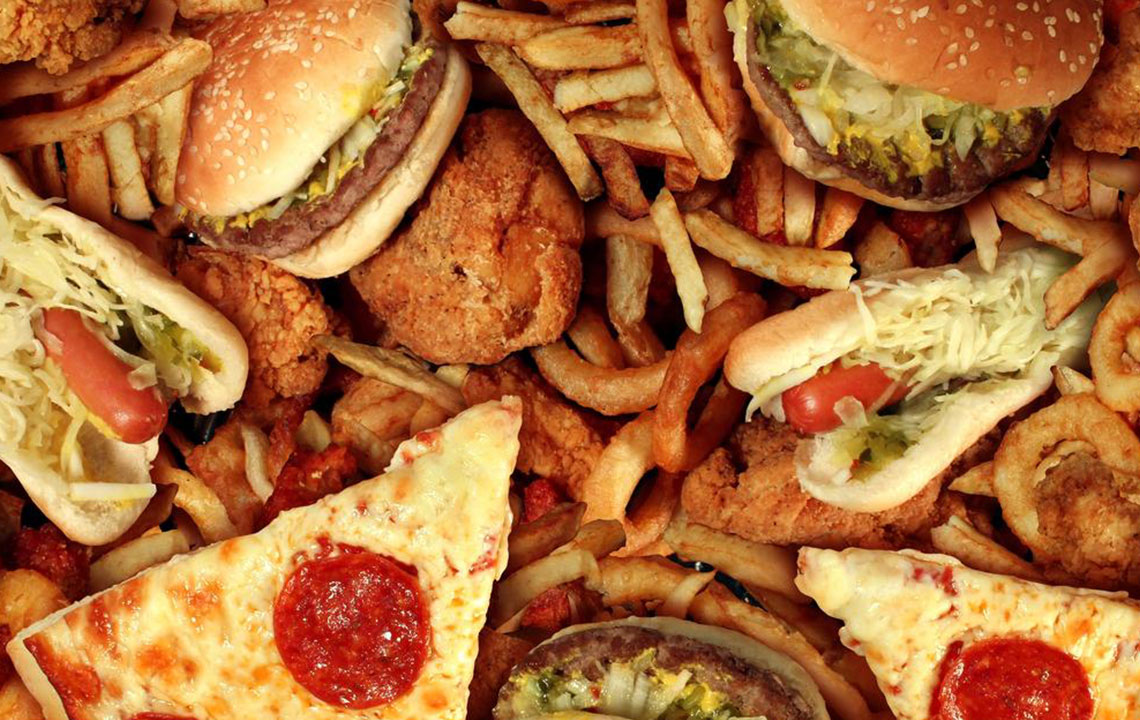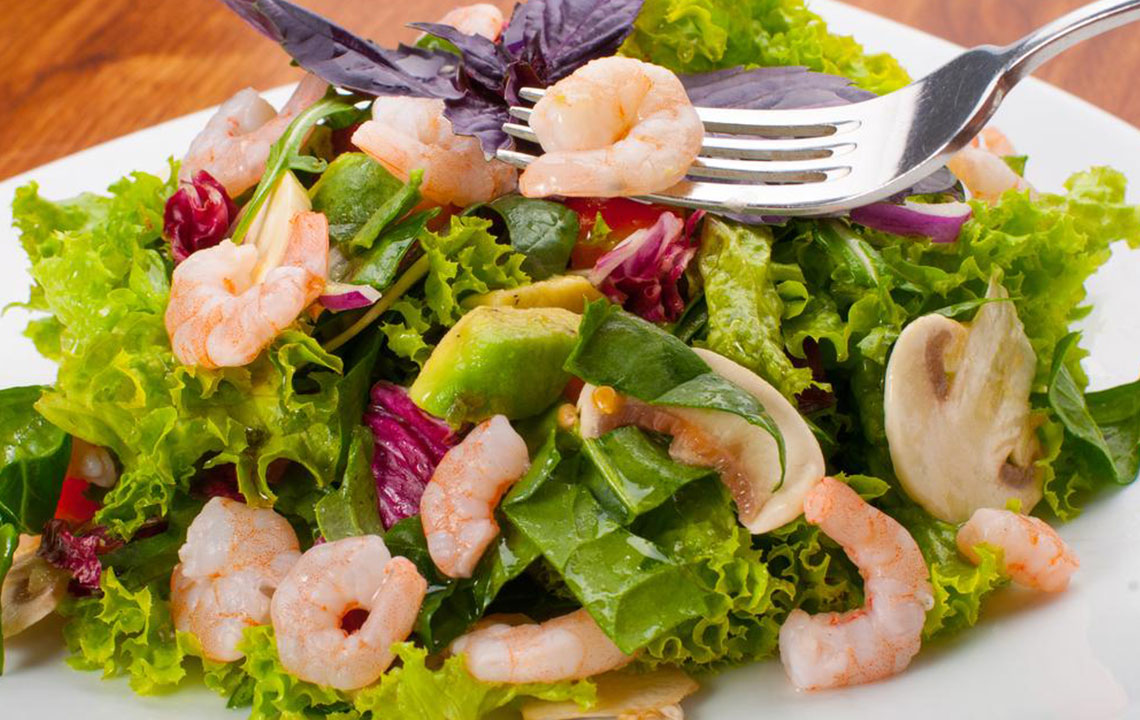Comprehensive Guide to Foods That Trigger Acid Reflux and How to Avoid Them
This detailed guide explores foods that trigger acid reflux, explaining how they affect the esophageal sphincter and stomach acid. It offers practical tips to manage your diet effectively, including which foods to avoid and healthier alternatives. The article emphasizes lifestyle changes alongside dietary modifications for better reflux management, making it a comprehensive resource for those seeking relief from uncomfortable symptoms and aiming to improve their digestive health.

Understanding the Foods That Cause Acid Reflux and Effective Dietary Strategies
Acid reflux, also known as gastroesophageal reflux disease (GERD), is a common digestive disorder that affects millions worldwide. It occurs when stomach acid flows back into the esophagus, leading to symptoms like heartburn, chest pain, and swallowing difficulties. One of the primary factors contributing to acid reflux is diet, particularly the consumption of certain foods that relax the lower esophageal sphincter (LES) or increase stomach acid production. Identifying and avoiding these foods can significantly alleviate symptoms and improve quality of life.
In this comprehensive guide, we will explore various foods notorious for triggering acid reflux. We will also discuss how these foods impact the digestive system and provide practical tips for managing your diet to prevent discomfort. Whether you’re a long-term sufferer or experiencing occasional symptoms, understanding these dietary triggers is crucial for effective symptom management.
Here's an in-depth look at the foods you should be cautious about or eliminate from your diet if you experience acid reflux:
Caffeinated Beverages — Drinks containing caffeine such as coffee, tea, and sodas, including decaffeinated versions, are common culprits in provoking acid reflux. Caffeine can relax the LES, allowing stomach acid to escape into the esophagus. Additionally, these beverages can increase stomach acid production, exacerbating symptoms. For a reflux-friendly alternative, consider herbal teas or water infused with natural flavors.
Rich Desserts like Cheesecake — High-fat desserts, especially those rich in cream cheese and butter, such as cheesecake, are known to relax the LES and delay gastric emptying. This results in increased pressure and acid reflux. Opt for lighter, fruit-based desserts or low-fat options to satisfy your sweet tooth without aggravating reflux.
Cabbage Family Vegetables — Vegetables in the cruciferous family, including broccoli, cauliflower, and Brussels sprouts, can produce gas during digestion. Excess gas causes bloating and increased pressure in the stomach, pushing acid back into the esophagus. Cooking these vegetables thoroughly can help reduce gas formation.
Citrus Fruits — Oranges, lemons, grapefruits, and other citrus fruits contain high levels of acidity, which can irritate the esophageal lining and trigger reflux. Limiting citrus fruit intake or consuming them in moderation can be beneficial. Consider non-acidic fruits like bananas or melons as alternatives.
Alcoholic Beverages — Alcohol relaxes the LES and stimulates additional acid production in the stomach, both of which increase reflux risk. Beer, wine, spirits, and liqueurs should be consumed in moderation or avoided if you experience frequent reflux symptoms.
Spicy Foods — Spices such as chili, curry, and pepper can irritate the esophageal lining and trigger reflux episodes, particularly in sensitive individuals. Using milder spices and herbs can help reduce symptoms while still adding flavor to your meals.
Chocolate — Containing theobromine, chocolate relaxes the LES, allowing acid to escape more readily. Dark chocolate and milk chocolate varieties can both contribute to reflux, so consider limiting or avoiding them if you suffer from symptoms.
Tomato-Based Products — Ketchup, marinara sauce, tomato soup, and other tomato-based condiments are highly acidic, which can relax the LES and cause irritation of the esophageal lining. Use alternatives or limit quantity in your meals.
Large Meals Before Sleep — Eating substantial meals late in the evening increases gastric pressure and delays digestion, heightening reflux risk during sleep. Aim to finish eating at least two to three hours before bedtime to allow your stomach to empty.
Red and Processed Meats — Meats such as sausages, bacon, and processed deli meats are high in fat and can slow digestion, leading to increased reflux episodes. Opt for leaner cuts and smaller portions to minimize risks.
Dairy Products — Full-fat dairy items like whole milk, creamy cheeses, and ice cream can bolster stomach acid production and relax the LES. Choosing low-fat or non-fat dairy options can help reduce reflux symptoms.
High-Fat Cheeses — Cheeses such as cheddar, Parmesan, and blue cheese contain high fat content, which can relax the stomach muscles and delay gastric emptying, contributing to reflux. Selecting lower-fat cheeses or limiting intake is advisable.
Fried and Processed Baked Goods — Foods like fried chicken, doughnuts, cookies, and pastries are rich in unhealthy fats and preservatives, which can worsen reflux by increasing stomach acid and relaxing the LES. Baking, steaming, or grilling are healthier preparation methods.
Mint and Mint-Flavored Products — While mint is soothing for certain digestive issues, it can relax the LES, promoting acid reflux. Be cautious with peppermint tea, mint candies, and flavored gums if susceptible to reflux episodes.
Onions and Garlic — Both are common reflux triggers as they can irritate the esophageal lining and cause symptoms to worsen. Cooking onions and garlic can reduce their pungency and associated reflux risks.
In addition to dietary modifications, adopting lifestyle changes like maintaining a healthy weight, avoiding tight clothing, elevating the head of your bed, and quitting smoking can further help manage acid reflux. Consulting with a healthcare professional for personalized advice and proper diagnosis is always recommended if you experience persistent symptoms.
Understanding which foods to limit or avoid is a vital step toward controlling acid reflux. By making informed choices and managing your diet wisely, you can reduce discomfort, prevent complications, and enjoy a more comfortable digestive health experience.





